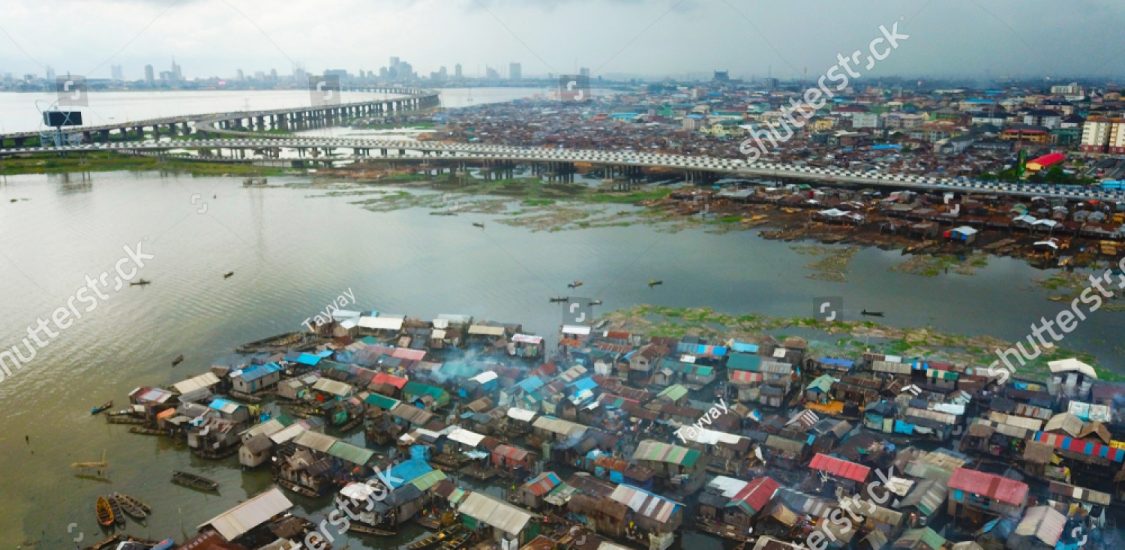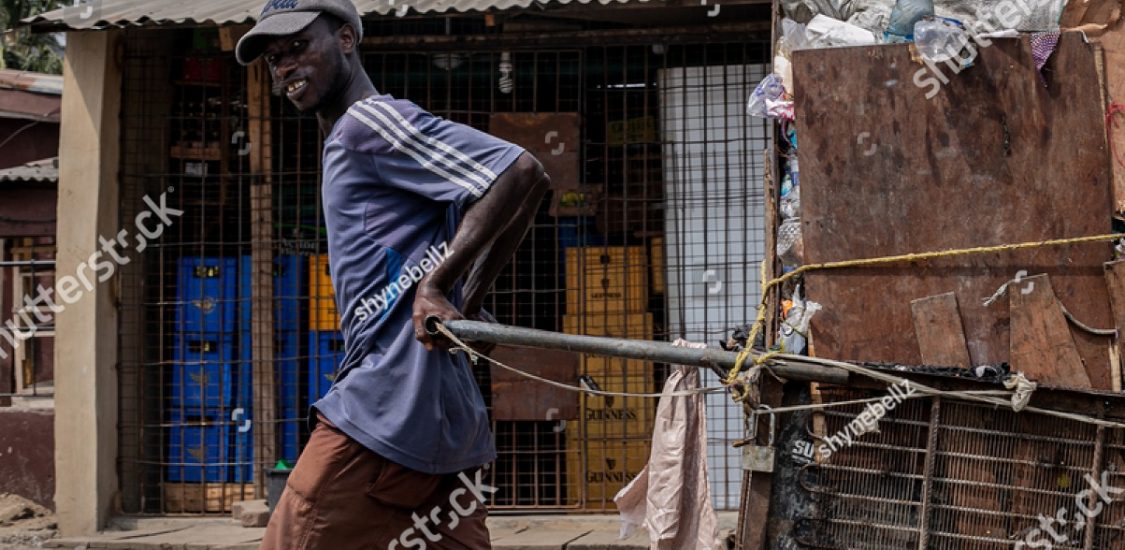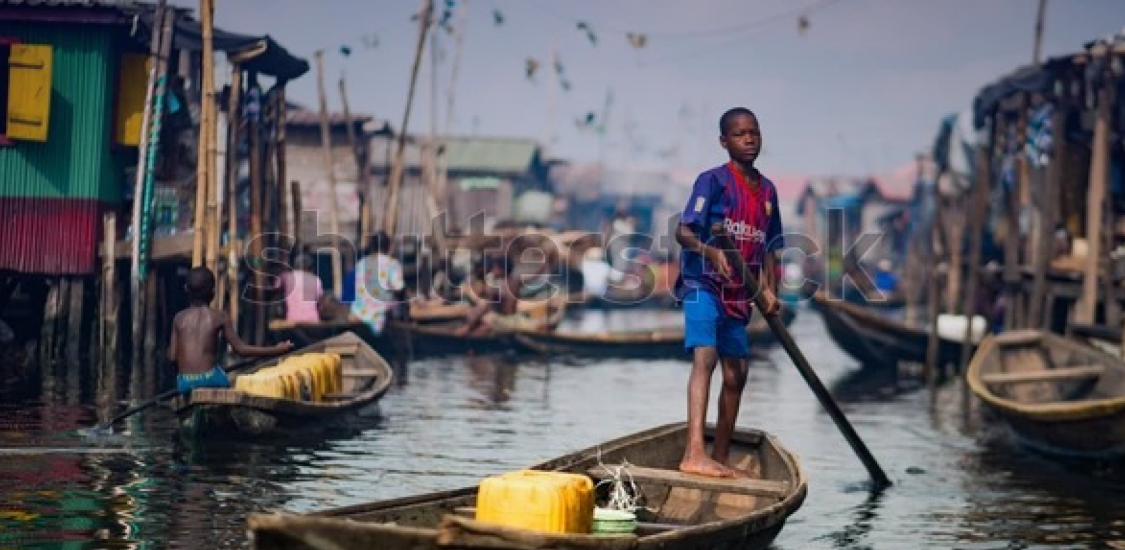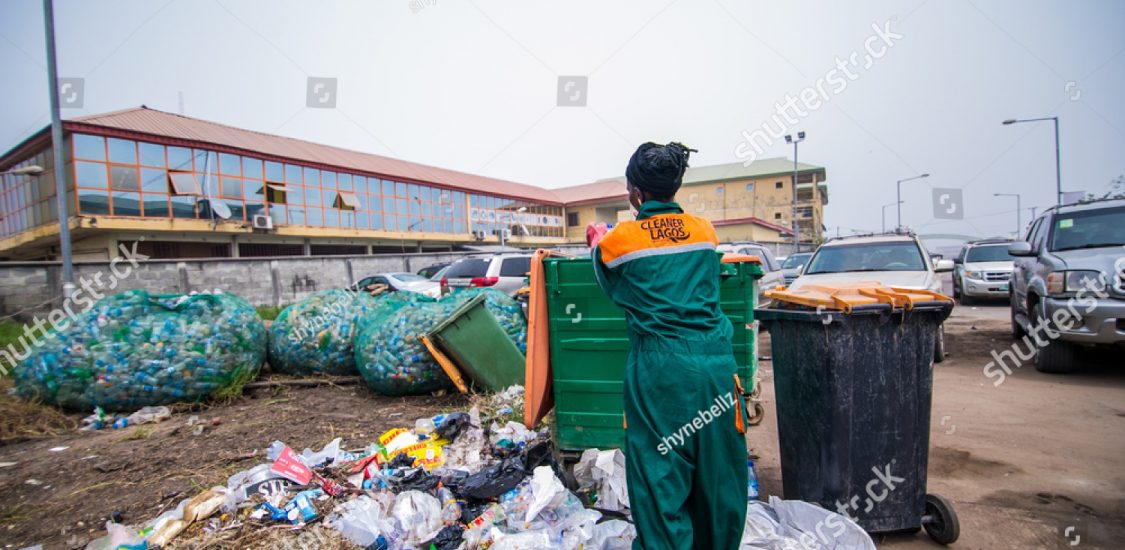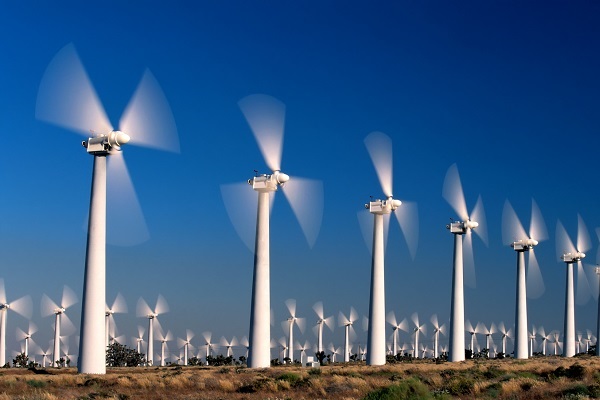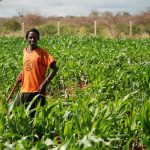About Circular Lagos
Circular Lagos is a programme launched by Lagos State in collaboration with CEIP that seeks to grow the market for “Circular Economy” products and services in ways that benefit producers, consumers, and communities across Lagos.
In a “Circular Economy” waste is designed out production and value chains. This means less extraction of carbon-intensive resources and less trash that harms our health and the environment. Circular Economy businesses are
also expected to stimulate local economic growth and create meaningful job opportunities.
Exciting isn’t it?
The path may be winding but by working collaboratively with a wide range of partners we have high aspirations to reach our destination!
Why Circular Economy
The Circular Lagos Challenge
The Circular Lagos Challenge is the flagship event of Circular Lagos. It is an open innovation challenge that is sponsored by Circular Lagos Partners. Our partners have worked together to define core business and policy problems that they are addressing. They are looking to partner with start-ups, social entrepreneurs, policy entrepreneurs and the people who have the ideas and the will to resolve these challenges.
Challenge winners will move on to pilot their ideas and projects with the support of Circular Lagos Partners and LOOP Lab, an incubator designed to support long-lasting commercial and technical partnerships between young ventures and more established industry participants.
The focus of the 2021 Circular Lagos Challenge is on addressing plastic waste in Nigeria. Five challenges have been identified by our partners. Find out where you can make a difference and join the challenge – we need you!
Challenge One
Public Awareness
Did you know that Nigeria is one of the top marine polluters in the world? Did you know that the volumes of plastic waste in Lagos Lagoon are so high that its poisoning the marine habitat we eat? Waste creates big problems, especially if it is not disposed of properly. Yet, in Lagos it is commonplace to throw rubbish in public spaces. People may not think about the consequences of these actions and may not have alternatives which are accessible to them. How can we create alternatives and how do we raise awareness so that communities are committed to use them?
Challenge Two
Source Segregation, Collections, Logistics and Digital Platforms
Nearly all organizations that participate in plastics value chain are highly committed to improving rates of waste recovery and recycling. Yet there are obstacles which limit progress. Waste collection presents one of the most difficult challenges because there are no systematic waste segregation programmes operating in Nigeria. Transport infrastructure is also poor, which limits how waste travels from sources of disposal to points of aggregation. The fragmented ways that waste is collected also makes it more difficult for off-takers and recyclers to acquire the specific materials they need. Finally, recycling infrastructure is expensive – without stable inputs or outputs, it is often un-economical to establish or grow operations. Can digital technology improve rates of collection and help to bypass key infrastructure issues? What types of platforms will create the most benefits for participants across the value chain?
Challenge Three
Waste Reduction Models
The central philosophy of “Circular Economy” is to design out waste from value chains. Are there affordable alternatives to disposable packaging that can be designed and produced and scaled locally?
Challenge Four
Policy and Finance
What is the most efficient and transparent way to channel resources towards circular businesses, especially those operating as micro-enterprises and in the informal sector? How can we help businesses grow and encourage competition?
Challenge Five
Adapting Solutions
There are many technologies that are used in other markets to improve recycling efficiency, product design and consumption patterns. What international technologies could be rolled out successfully in Lagos?
FAQs
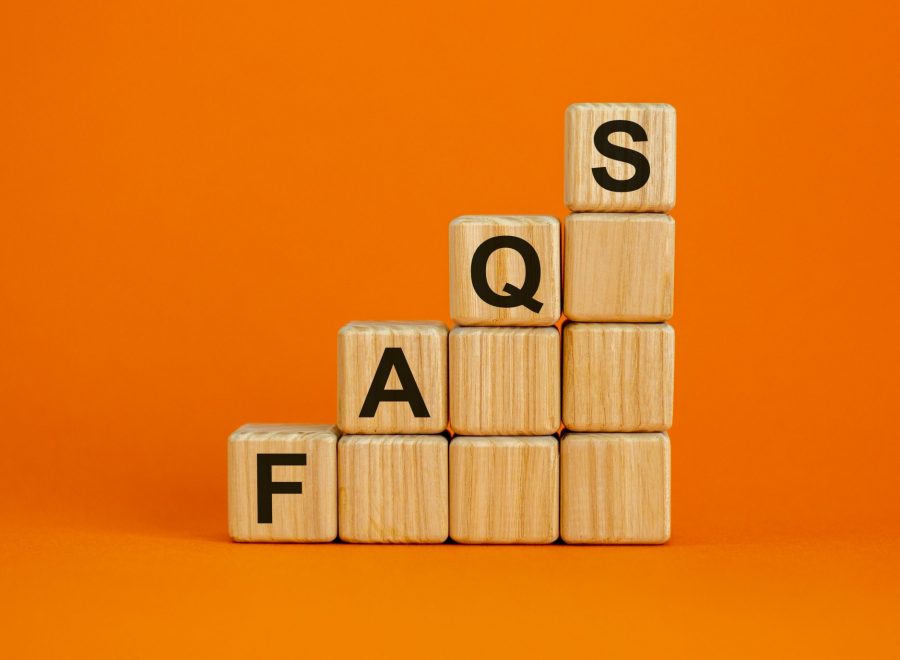
Library
Implementation of Circular Economy Principles in Industrial Solid Waste Management: Case Studies from a Developing Economy (Nigeria)
whitepaper
Lorem ipsum dolor sit amet, consectetur adipiscing elit. Phasellus a...
DownloadImplementation of circular economy principles in management of end of-life tyres in a developing country (Nigeria)
whitepaper
Lorem ipsum dolor sit amet, consectetur adipiscing elit. Praesent consequat,...
DownloadIncreasing Circularity in Africa’s Plastics Sector
whitepaper
Global environmental degradation resulting from human activity is one of...
Download



